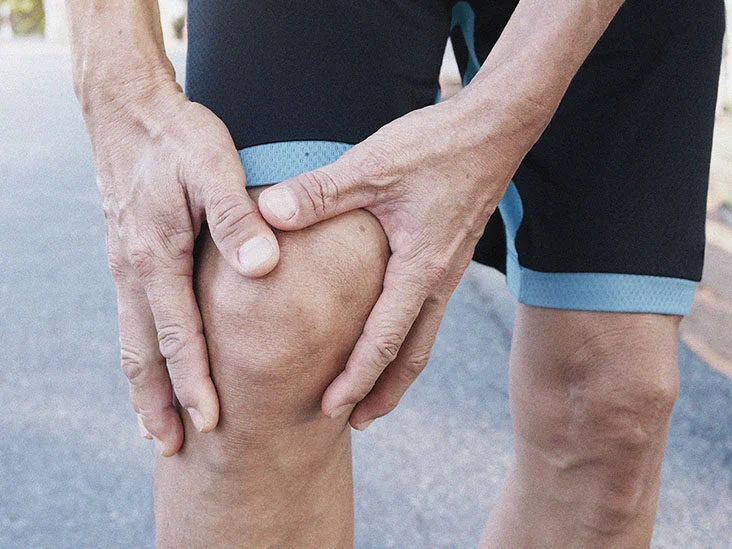6 Natural Remedies For Meniscus Tear

One of the most frequent knee ailments is a torn meniscus. Anyone can experience it; the rip typically results from a movement, a strong twist, or rotation. The extent of the tear will determine if surgery is necessary or whether the person may heal spontaneously from the injury. Fortunately,West Chester orthopedic surgeon may treat your meniscus tear to alleviate your pain.
Here are natural remedies to treat meniscus tears;
- Massage the area
Massaging the knee’s entire surrounding region might be beneficial to improve blood flow. Good circulation facilitates faster healing. To relieve any stress, you should probe and slightly dig into the back of the knee. The kneecaps should be massaged on either side to increase circulation. When a site is really painful, gently massage it while searching for other manageable locations.
- Use ice
Applying an ice pack or cold compress can lessen knee swelling and soreness. Elevate the injured knee area for 15 minutes at a time while applying the ice pack on top of it while wrapping it in a towel to avoid frostbite from coming into contact with the skin. Four times a day, repeat this.
Remove the ice pack immediately if it becomes painfully too cold. It shouldn’t hurt in any way; it should just feel numbing and comforting.
- Rest
Rest, limiting one’s activity level, and, when it is safe to do so, elevating the knee and leg might help certain meniscus tears heal over time. Avoiding activities that require twisting, turning, or pivoting the knee in any way is very crucial. Using crutches or other walking aids may be suggested to relieve knee strain and speed rehabilitation.
- Balance training
Proprioception in the knee and leg is frequently incorrect after a meniscus injury, compromising your balance and increasing the risk of secondary injuries and instability in the knee. Exercises for balance, including balancing on one leg and doing calf lifts while standing on one leg, are easy methods to improve this.
Going through this process alone might be difficult, and you shouldn’t have to. Being unable to move your knee is already frightening. Therefore, following a systematic physical therapy regimen under the supervision of a qualified physical therapist can aid in regaining pain-free movement and offer direction for range-of-motion, strength, and balance training.
- Eat healthily
Drinking plenty of water and eating a diet rich in anti-inflammatory and nutrient-dense foods will support the body’s ability to mend your torn meniscus and keep joints lubricated. Nutritional supplements, such as turmeric extract, a secure and efficient approach to reduce inflammation while you heal, may be necessary if diet alone is frequently insufficient.
- Use painkillers to reduce inflammation
Aleve, Advil, or Motrin are non-steroidal anti-inflammatory medicines (NSAIDs) that can reduce pain and swelling. However, these medications can have undesirable consequences, such as a higher risk of bleeding and ulcers. Unless your doctor instructs you to do differently, you should rarely take these medications.
Natural remedies to treat meniscus tears are not always sufficient. Surgery could be necessary to either repair or remove problematic edges if a rip is significant, unstable, or producing locking symptoms.







